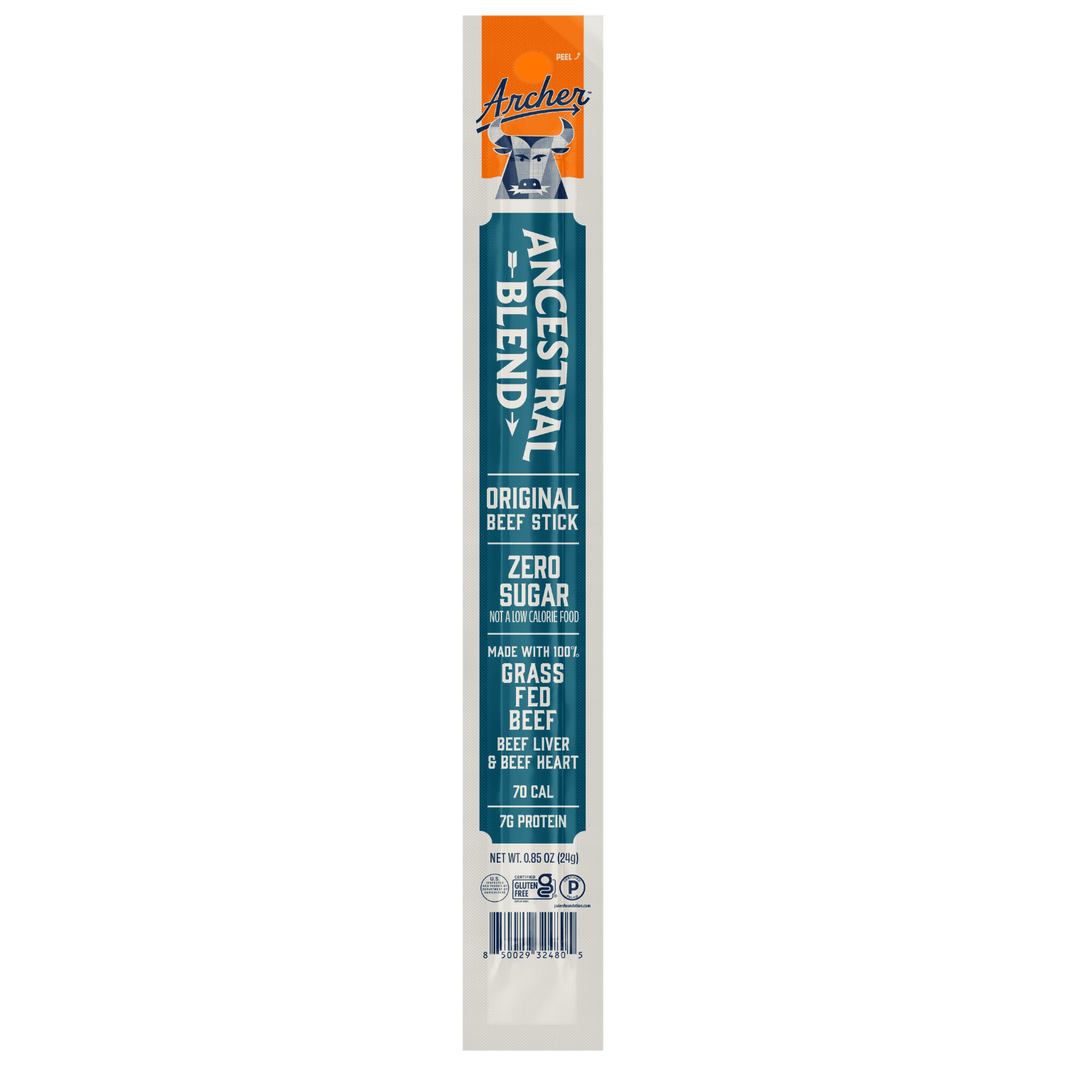

Ancestral Diets: A Path to Optimal Health Through Ancient Eating Habits
Share
Introduction to Ancestral Diets
The concept of ancestral diets stems from the idea that the eating habits of our pre-agricultural, hunter-gatherer ancestors were more aligned with human biology than today's typical Western diet, which is laden with processed foods and refined sugars. These ancient diets were diverse and nutrient-rich, focusing on whole foods directly available from nature. This blog post delves into the essence of ancestral diets, comparing them with modern dietary patterns and exploring their potential health benefits.

Historical Context and Evolution of Ancestral Diets
-
Paleolithic Diet: This diet mimics the eating habits of our Paleolithic ancestors, emphasizing foods that could be hunted or gathered, such as meat, fish, nuts, seeds, fruits, and vegetables. It excludes agricultural products like grains and dairy.
-
Neolithic Diet: With the advent of agriculture about 10,000 years ago, the Neolithic diet introduced grains, legumes, and dairy. This marked a significant dietary shift, increasing carbohydrate and calorie intake but reducing dietary diversity.
-
Comparison: While the Neolithic diet allowed for the development of human civilization through farming and settled communities, it is argued that this shift led to nutritional deficiencies and a rise in chronic diseases, contrasting with the varied and nutrient-dense diet of the Paleolithic era.

Key Components of Ancestral Diets
-
Whole, Unprocessed Foods: The foundation of ancestral diets is consuming foods in their natural state, free from additives and preservatives.
-
Grass-fed and Wild-caught Meats: Prioritizing meat from animals raised in their natural habitats ensures higher nutrient content, including omega-3 fatty acids.
-
Seasonal Fruits and Vegetables: Eating seasonally ensures that produce is at its peak nutritional value and supports the body's seasonal nutritional needs.
-
Nuts, Seeds, and Healthy Fats: These are vital for their nutrient density and provide essential fatty acids and proteins.
-
Exclusion of Processed Sugars and Grains: Ancestral diets eliminate modern processed foods and sugars, which are linked to numerous health issues.

Benefits of Following Ancestral Diets
-
Improved Digestive Health: The high fiber content from fruits and vegetables supports gut health and digestion.
-
Enhanced Metabolic Function: Limiting processed carbohydrates can improve insulin sensitivity and metabolic health.
-
Weight Management: Natural, unprocessed foods are more satiating, helping to control appetite and support weight management.
-
Lowered Inflammation: Diets rich in natural, anti-inflammatory foods can reduce the risk of chronic diseases.
Challenges and Considerations
-
Accessibility and Affordability: High-quality, organic, and grass-fed foods can be more expensive and less accessible to some populations.
-
Modern Lifestyle Constraints: Adapting a strict ancestral diet can be challenging in the fast-paced modern world with its ubiquitous processed foods.
-
Nutritional Completeness: Some critics argue that excluding certain food groups can lead to nutritional deficiencies without careful planning.
Adapting Ancestral Diets to the Modern World
Implementing ancestral diet principles today involves seeking balance and flexibility. It's about making informed choices, such as opting for grass-fed meat when possible, incorporating a variety of seasonal produce into meals, and reducing the intake of processed foods and sugars. Modern adaptations also include integrating sustainable and ethical food sourcing practices, reflecting a growing awareness of the environmental impact of our food choices.
Conclusion: The Future of Ancestral Eating
As we move forward, the principles of ancestral diets offer a framework for rethinking our relationship with food, emphasizing quality, sustainability, and nutrition. With a growing movement towards more ethical and environmentally friendly eating habits, ancestral diets not only promise individual health benefits but also point towards a more sustainable future for our global food system.

FAQs
-
What is an ancestral diet, and how does it differ from the modern diet? An ancestral diet is based on eating whole, unprocessed foods similar to those consumed by our hunter-gatherer ancestors, contrasting with the modern diet's emphasis on processed foods and refined sugars.
-
Can following an ancestral diet improve health outcomes? Yes, many people report improvements in digestion, energy levels, weight management, and overall well-being when adopting an ancestral diet due to its focus on nutrient-dense, whole foods.
-
How can I start incorporating ancestral diet principles into my lifestyle? Begin by prioritizing whole, unprocessed foods, incorporating more fruits and vegetables, choosing grass-fed and wild-caught meats, and reducing processed foods and sugars from your diet.
-
Are there any risks associated with following an ancestral diet? While ancestral diets are generally considered healthy, it's important to ensure a balanced intake of nutrients. Some individuals may need to modify the diet to suit their specific health needs or nutritional deficiencies.
-
How do ancestral diets address food allergies and intolerances? By eliminating processed foods and common allergens like dairy and grains, ancestral diets can help reduce inflammation and symptoms associated with food sensitivities.
-
What are some tips for eating ancestrally on a budget? Focus on seasonal produce, buy in bulk, choose less expensive cuts of meat, and consider incorporating wild-caught fish and game.
-
How do ancestral diets fit into contemporary discussions on sustainability and ethical eating? Ancestral diets encourage sustainable eating practices by supporting local, organic, and ethically sourced foods, contributing to a more environmentally friendly and ethical food system.




